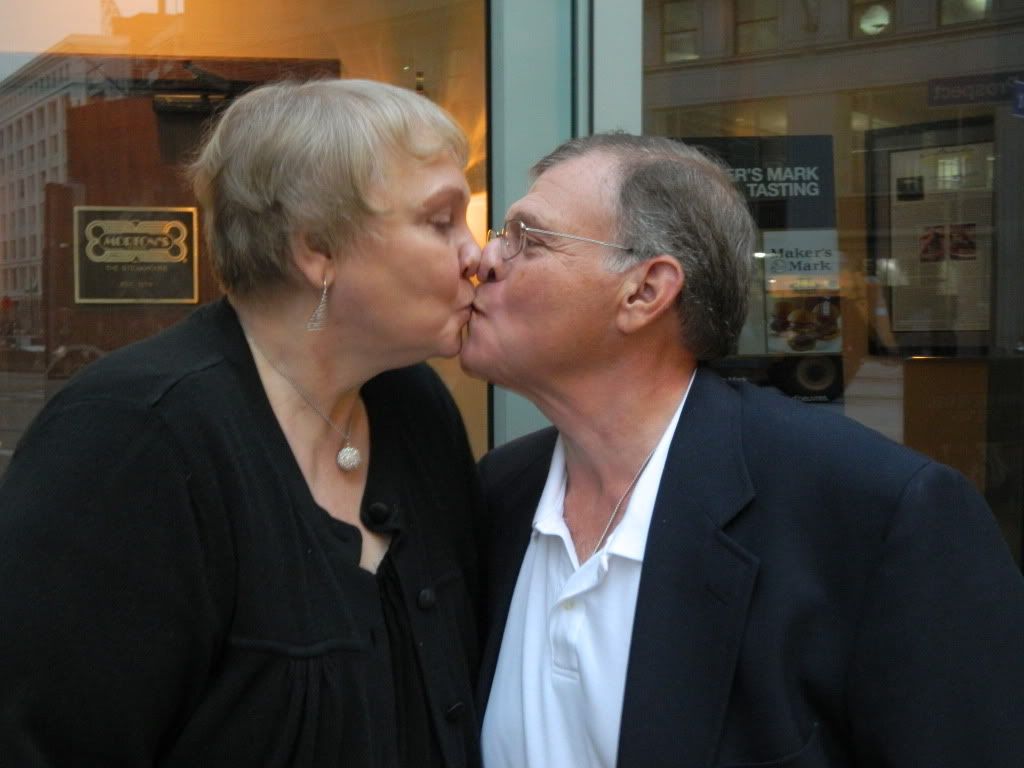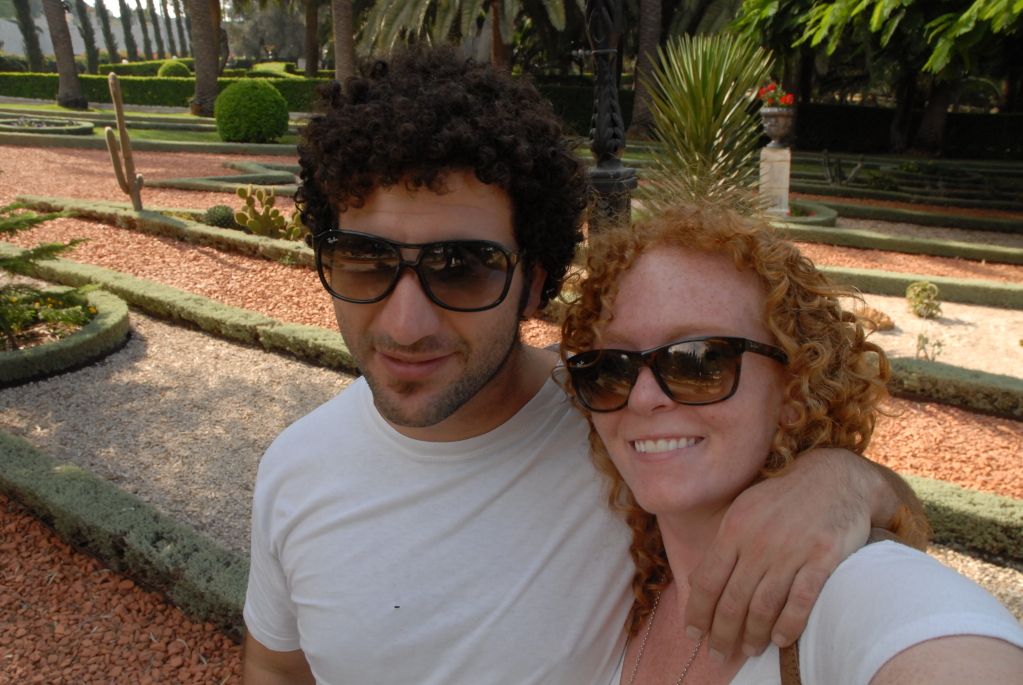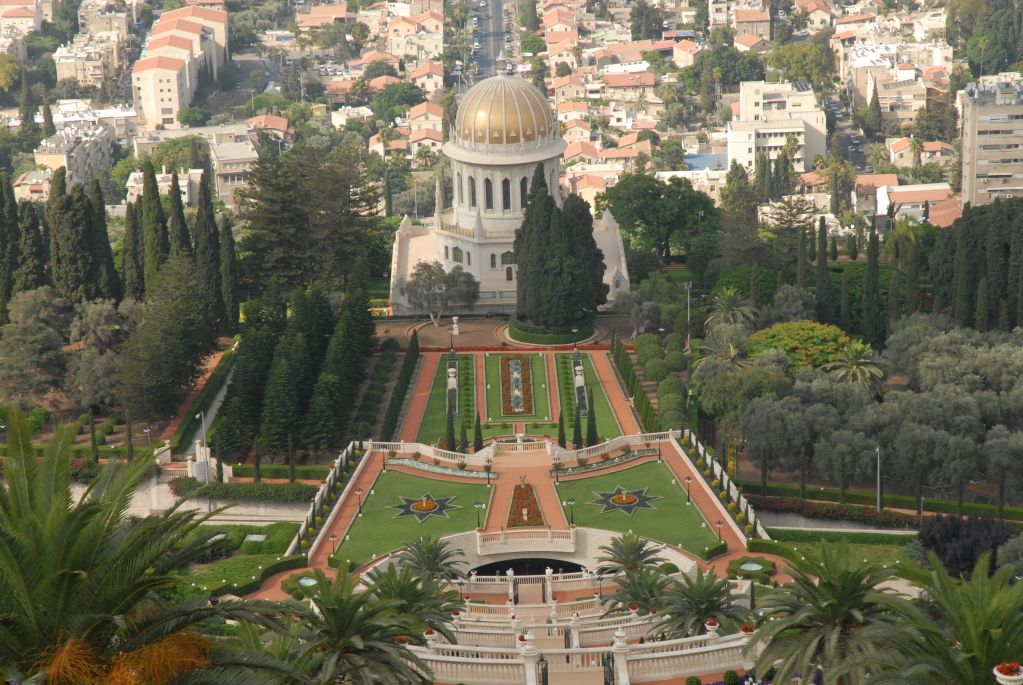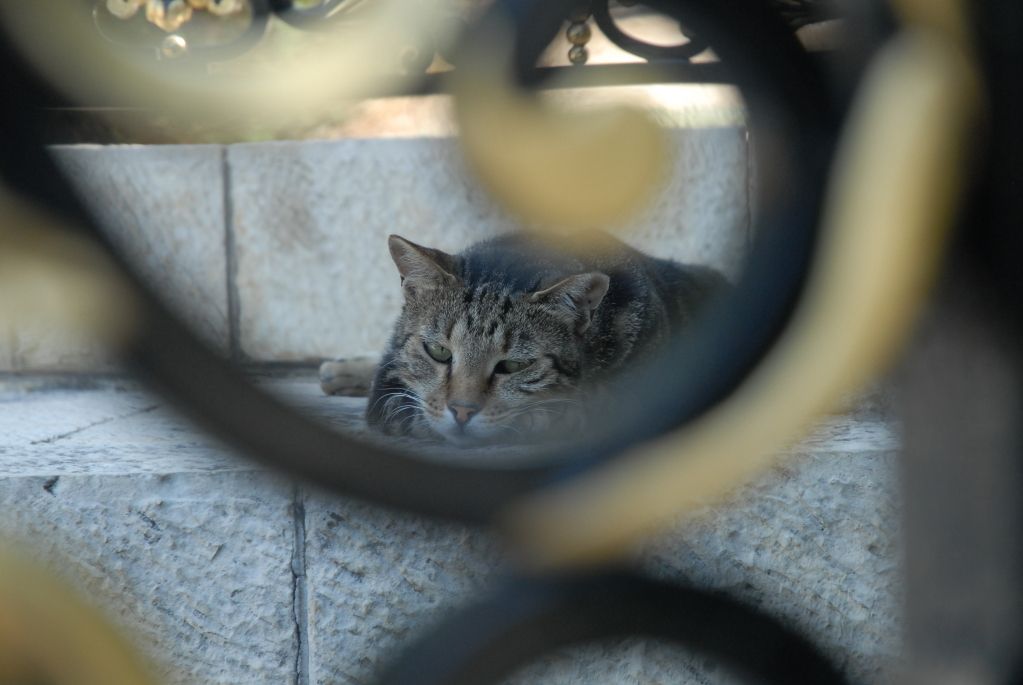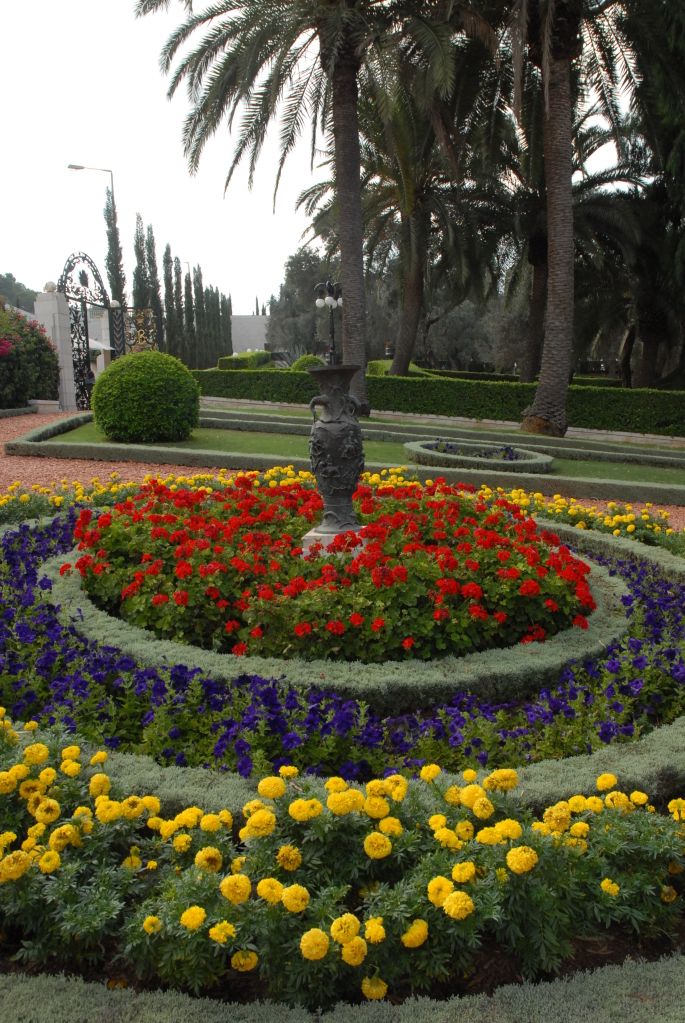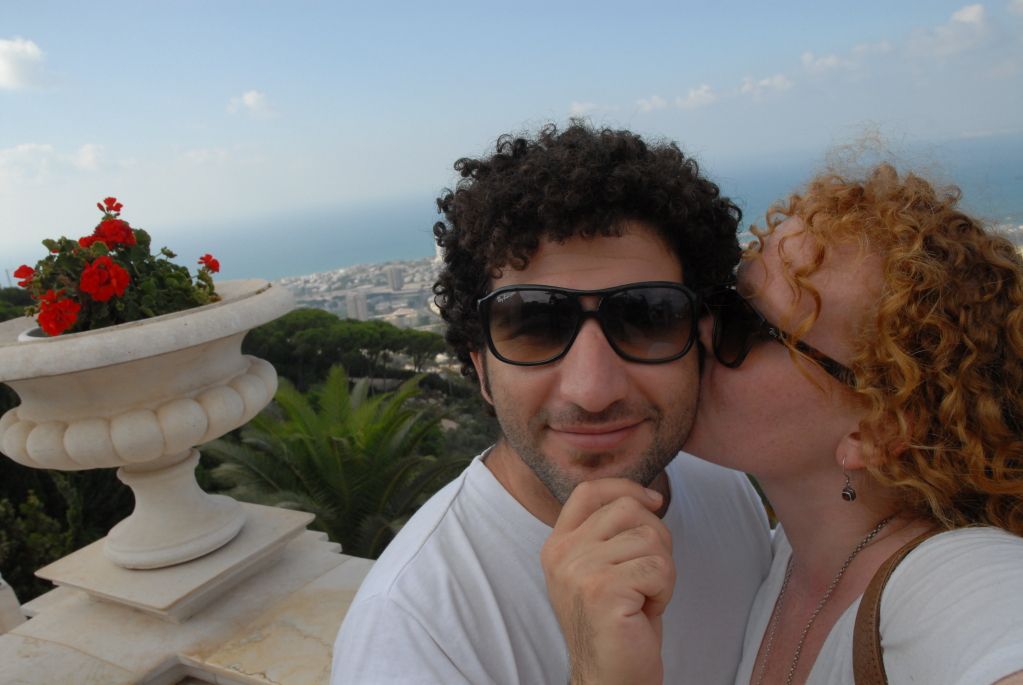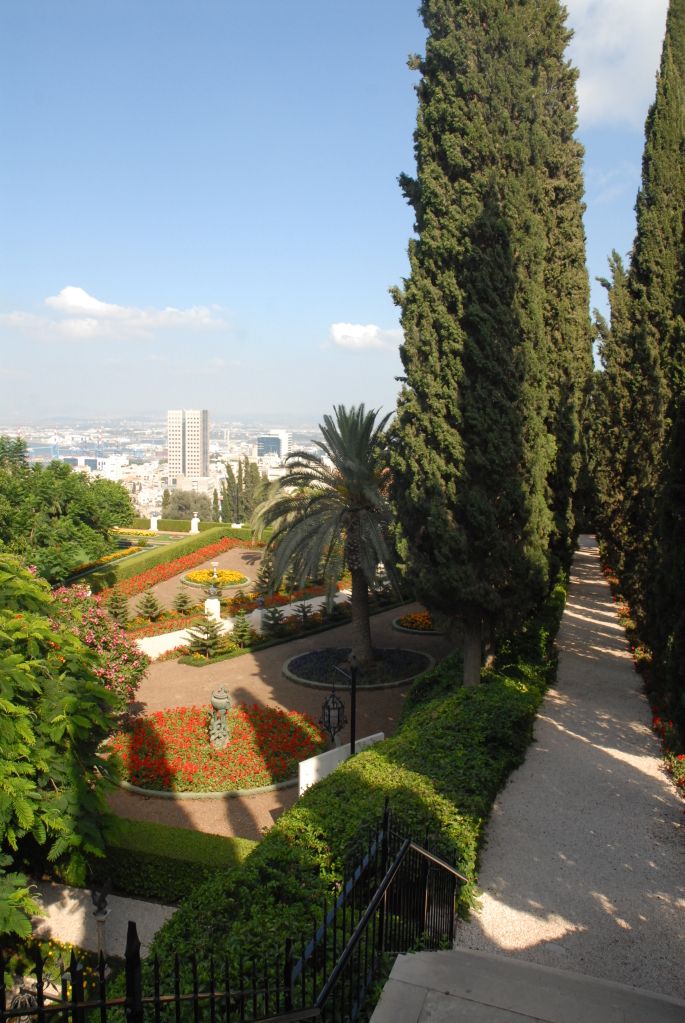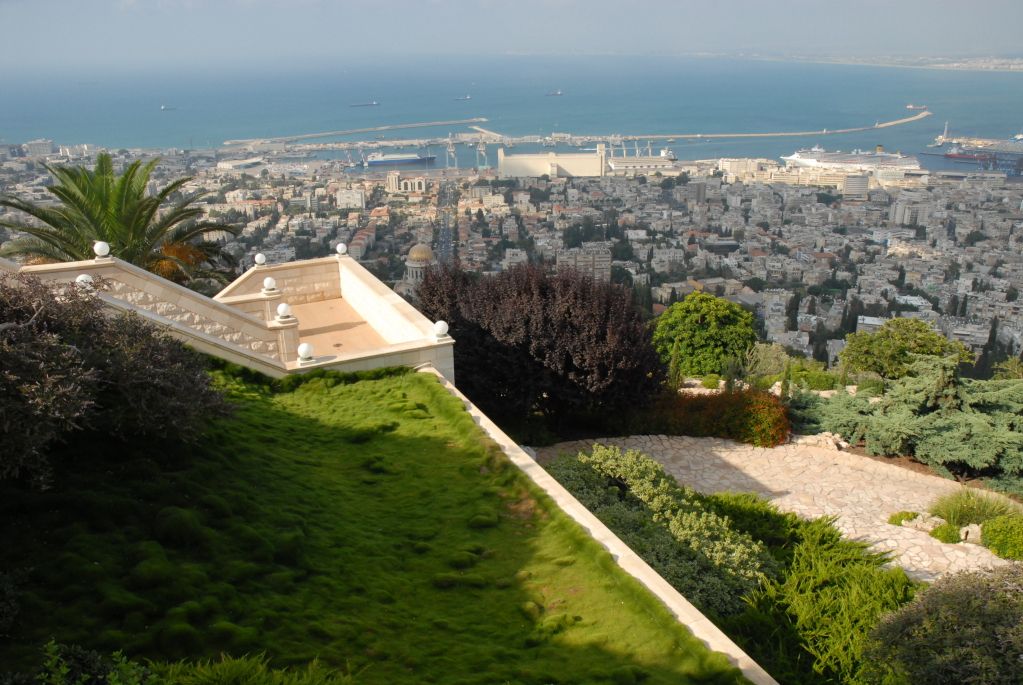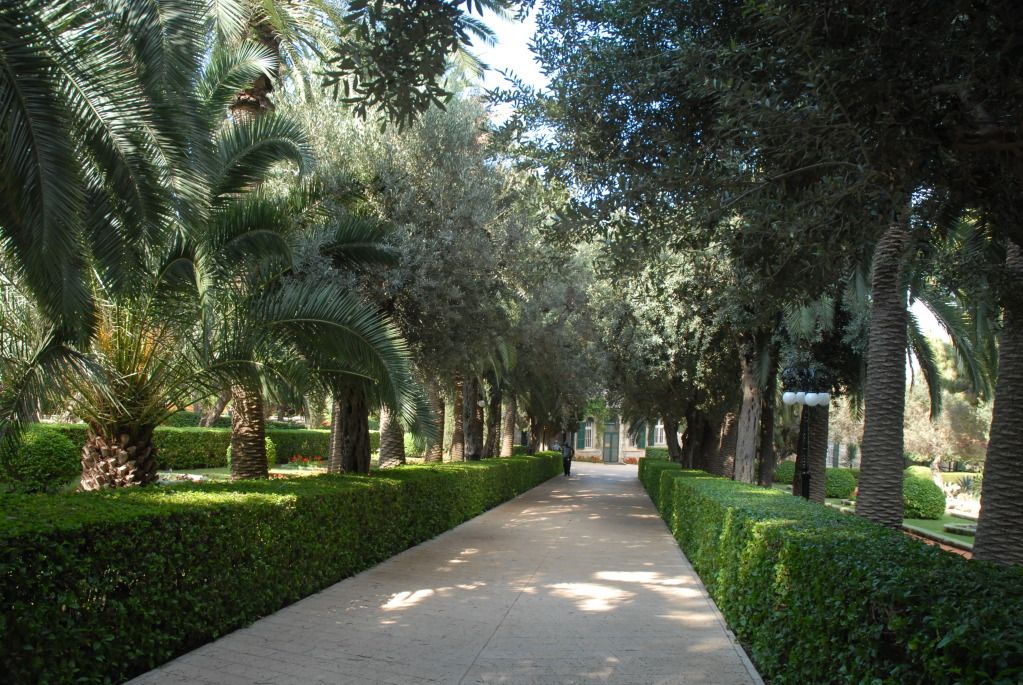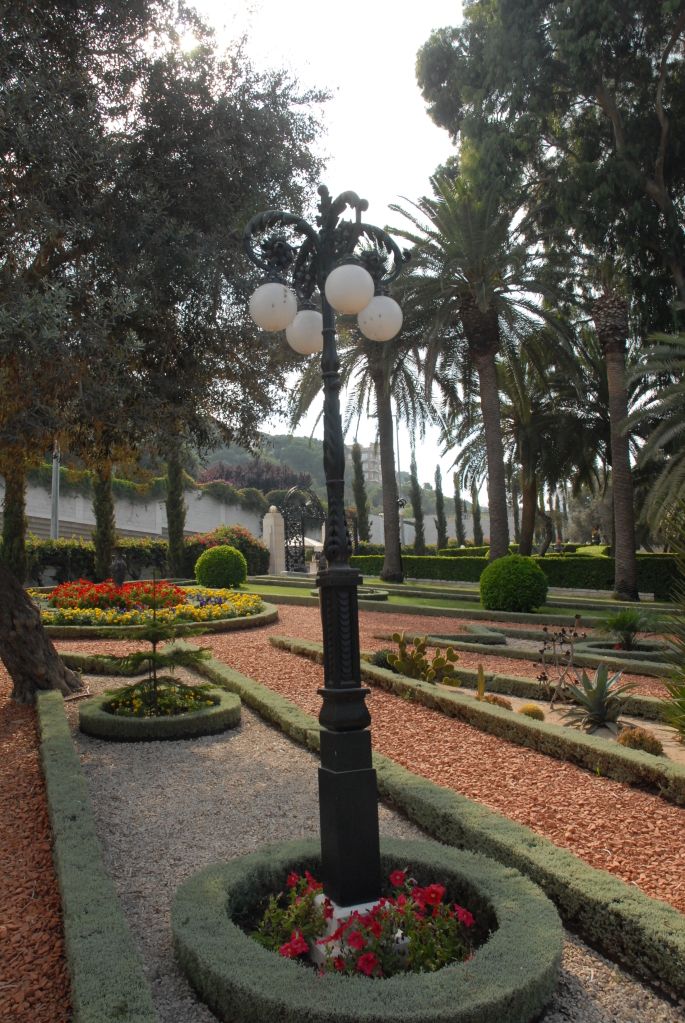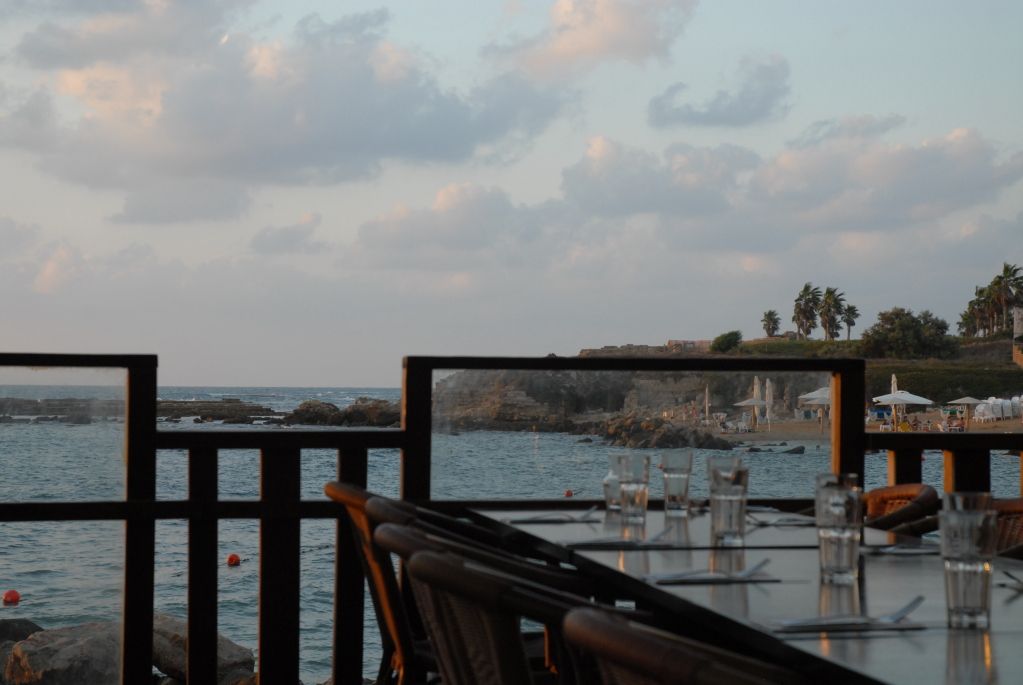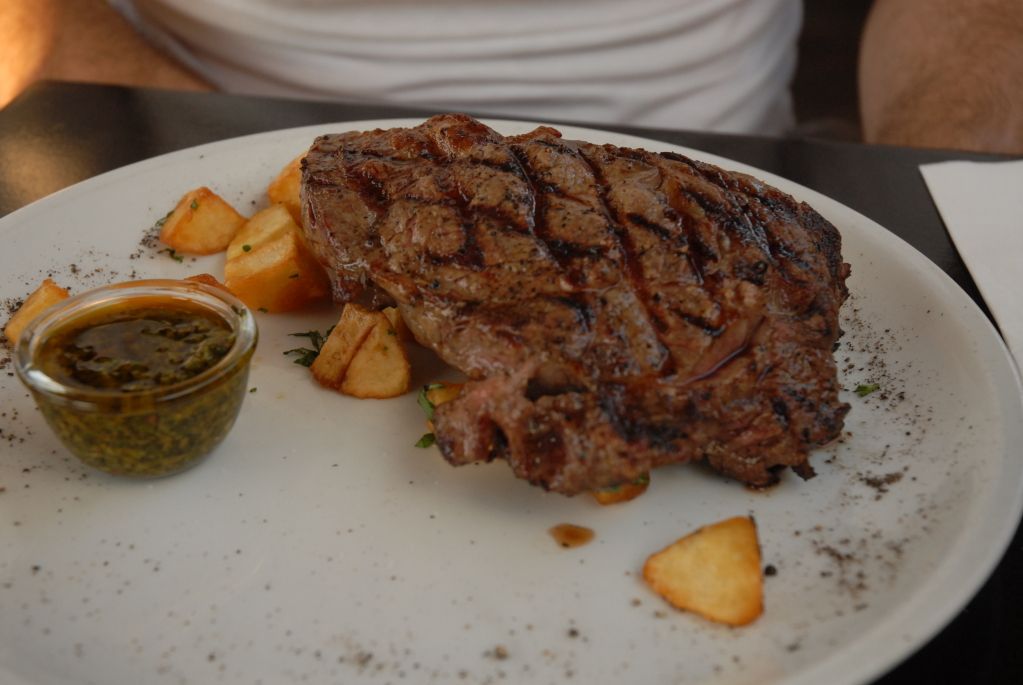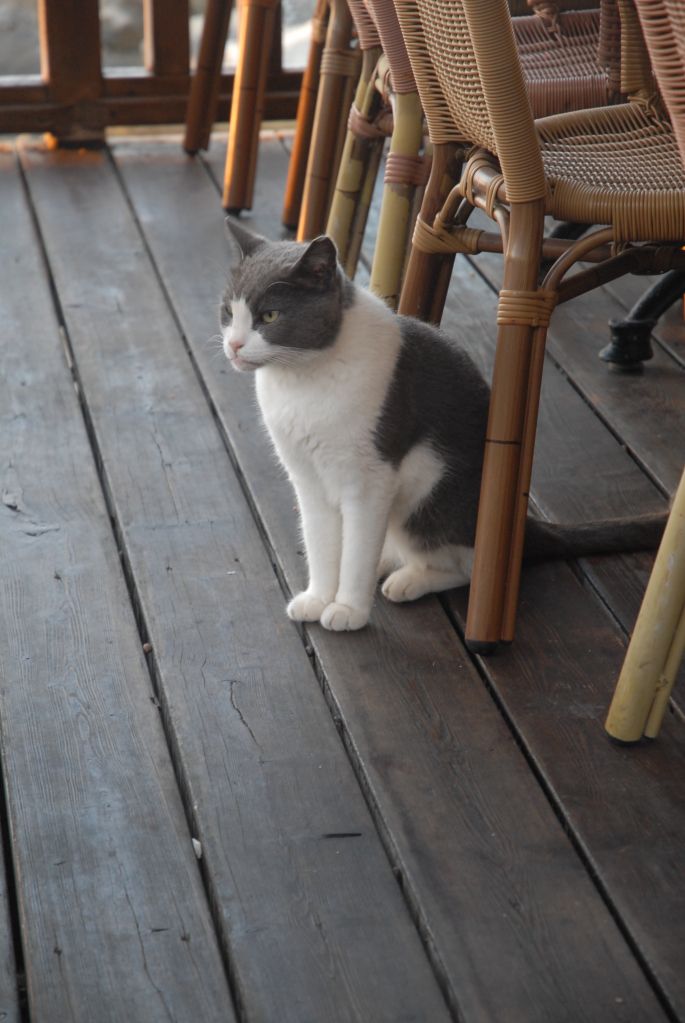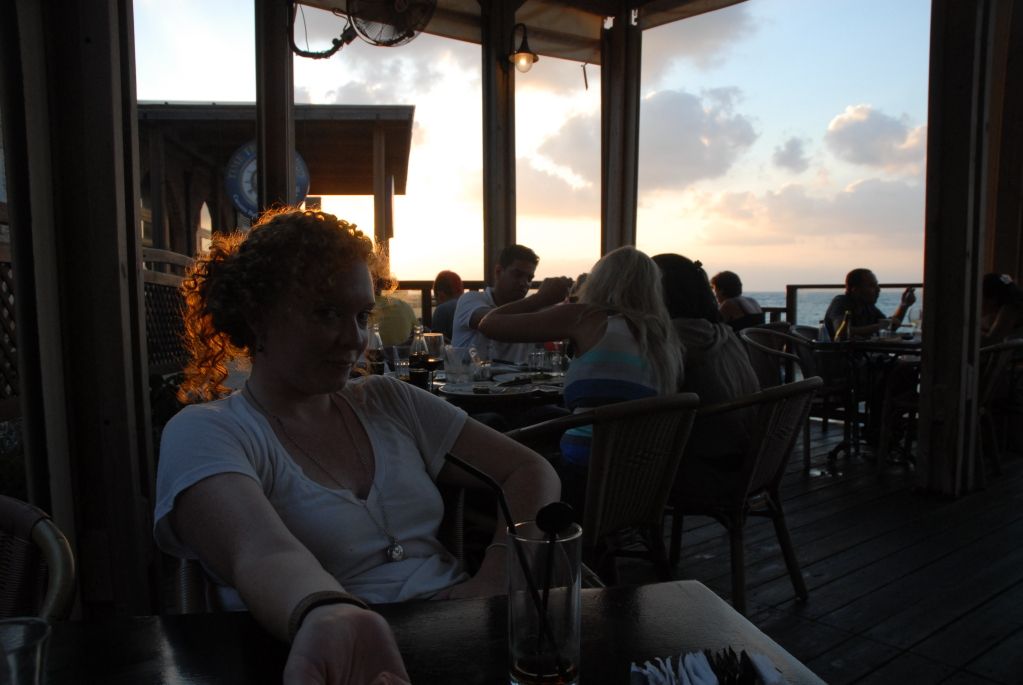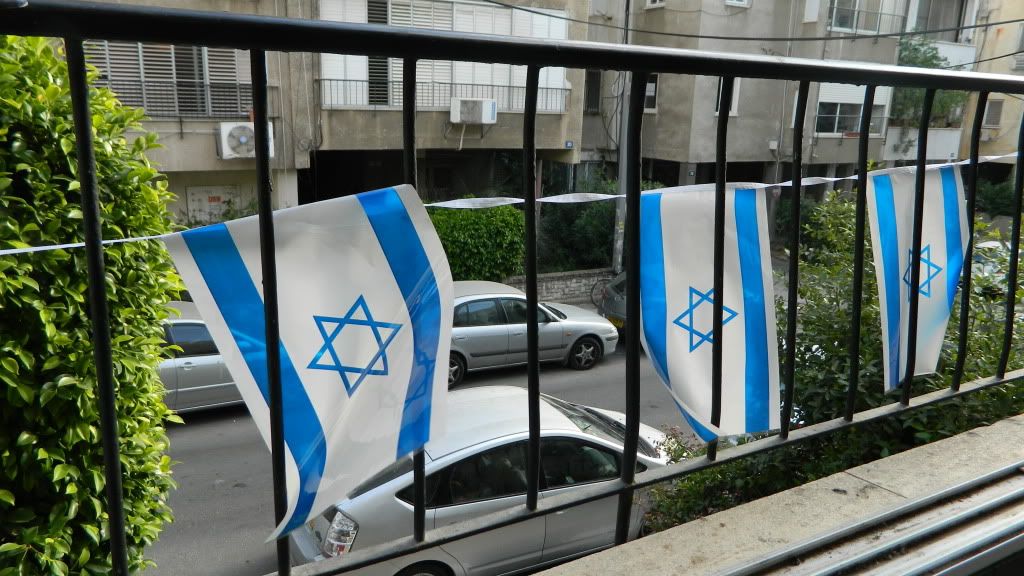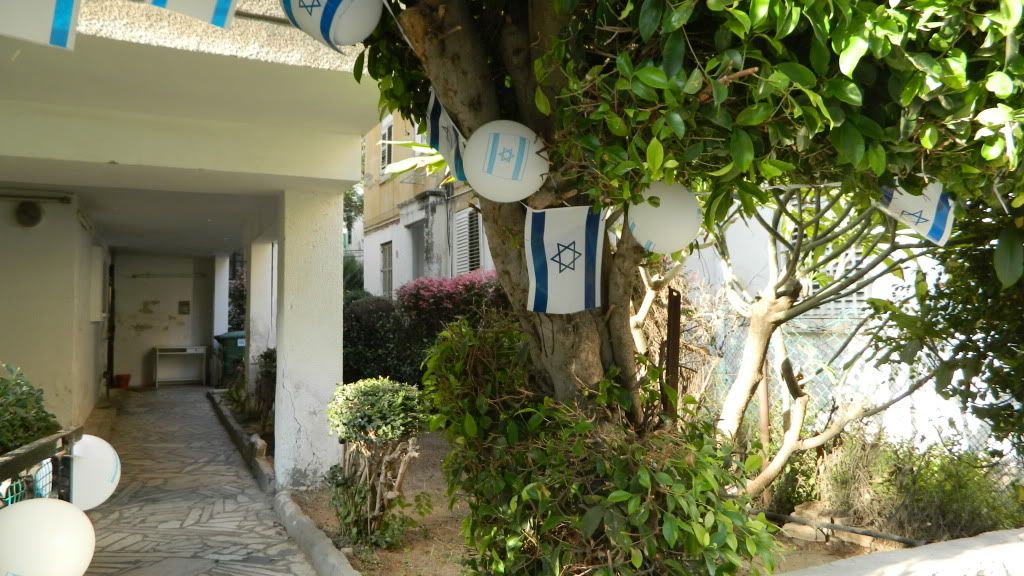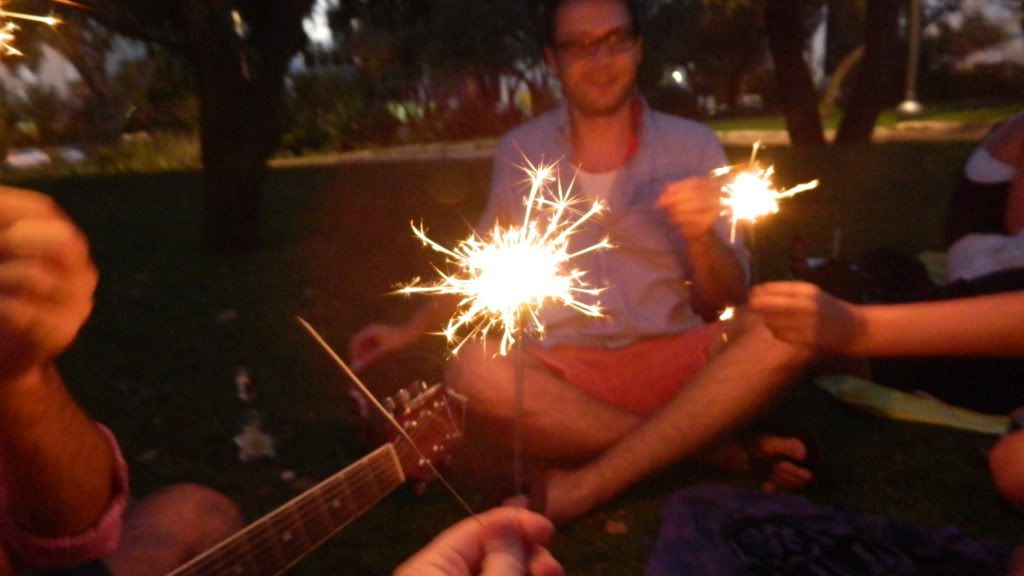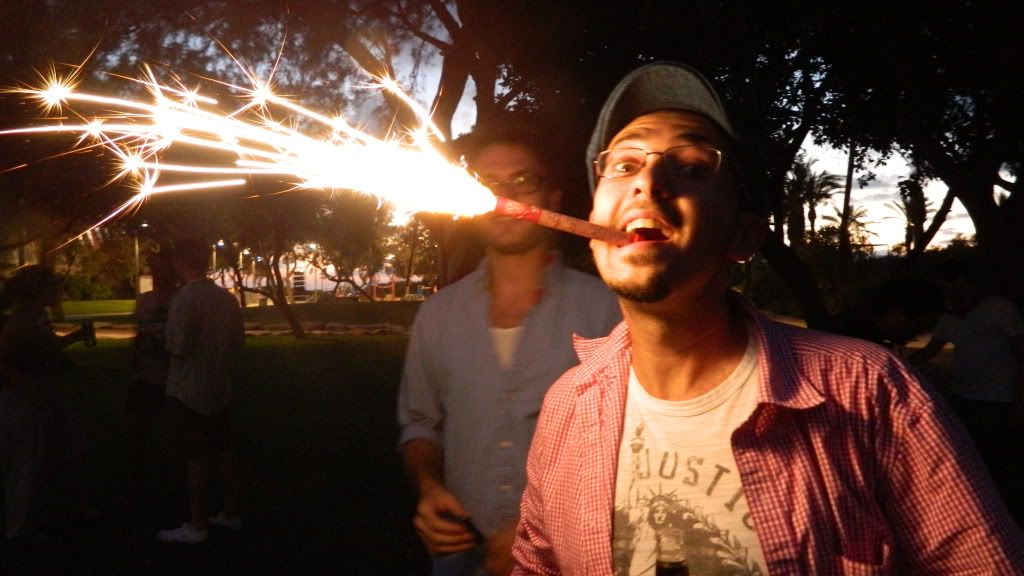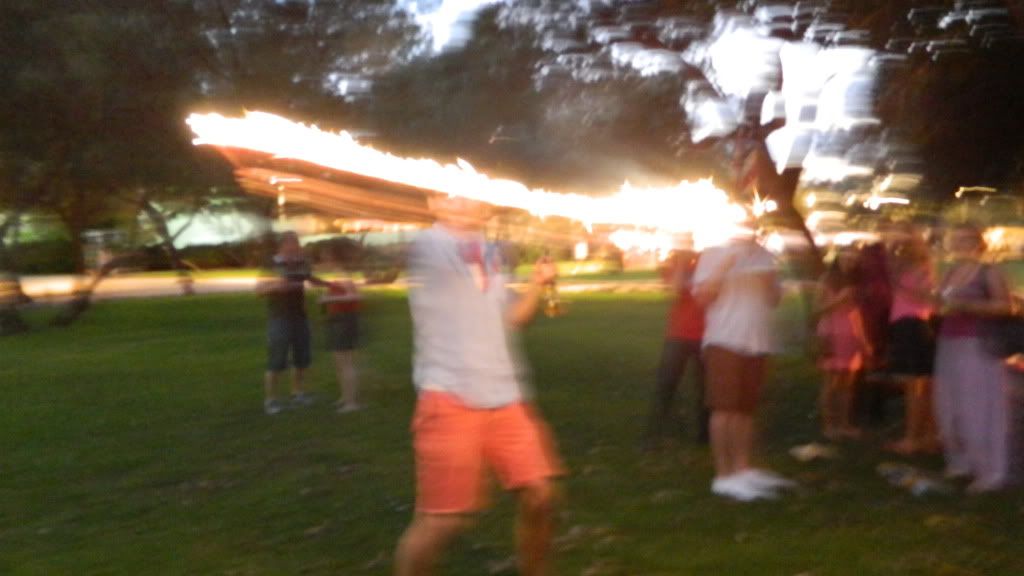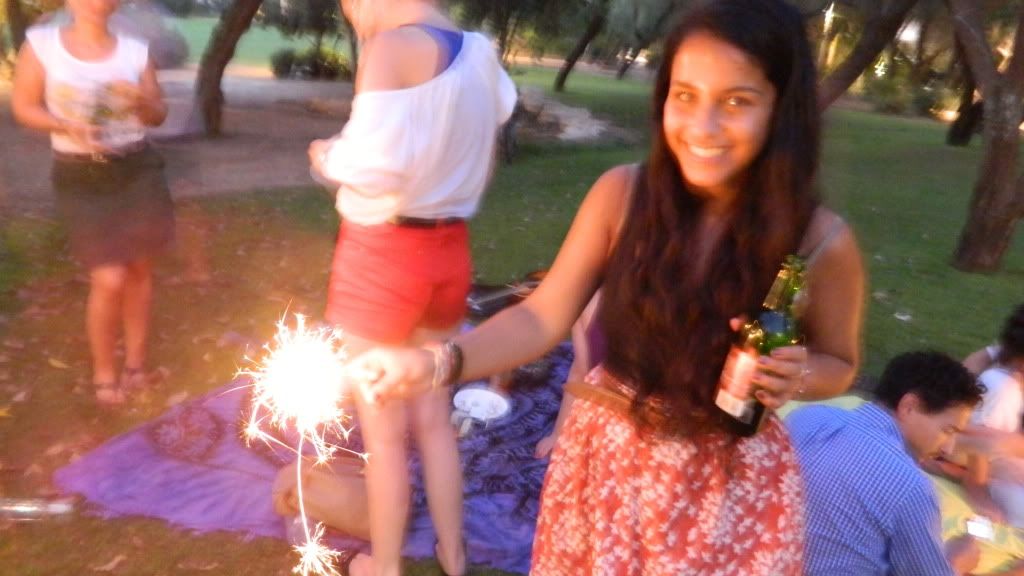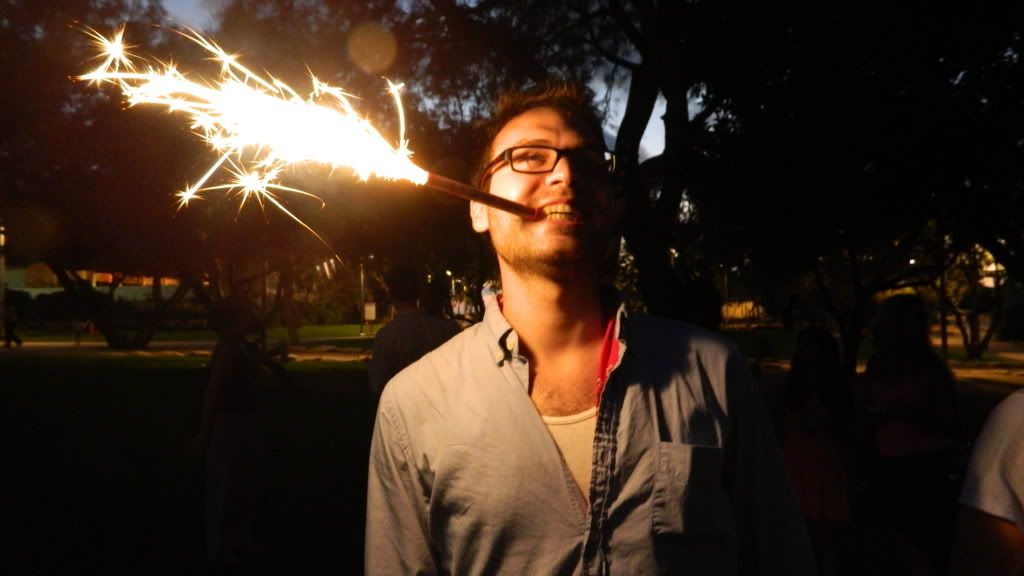The following is a review I wrote of the film
Losing Our Sons, which was released
earlier this month produced by Americans For Peace and Tolerance.
For the trailer, click
here.
To see news coverage of the film and its subject matter, as well as more information of the film check out the following links:
******
“Fighting terrorism should not be a partisan issue.” Daris Long
Partisanship in Washington (and American politics generally) is quite possibly at an all-time high, and the matters which have polarized the right and left are manifold. Particularly at the height of campaign season, our leaders are name-calling and bickering over trivial social issues and neglecting (willfully or otherwise) many subjects which put at stake the very security and freedoms which grant us the right to bicker.
Losing Our Sons is a frank and harrowing portrayal of an issue which has become a “third rail” of sorts in the American political landscape- the radicalization of American Muslims, and the parallel failure of our civic and national leaders to address the problem. The film makes the serious assertion that the media and important governmental bodies have, at the public’s risk, fallen victim to the slippery slope of multiculturalism in a post-9/11 society and, as a result, missed (if not outright ignored) warning signs of a clear and ongoing threat to our national security.
This unsettling scenario is examined through the stories of two young American men, whose lives collided on June 1, 2009 when one would die at the hands of the other. Private William (Andy) Long was shot that day by Carlos Bledsoe (who was, by then, going by Abdul Hakim Mohammad) outside of an Army recruitment center in Little Rock, Arkansas. The stories of Andy and Carlos are told by their fathers, Daris Long and Melvin Bledsoe- both of whom grieve for their sons while fervently proclaiming that their personal tragedies must be a lesson for the rest of us.
Melvin Bledsoe, with a relatable and sympathetic manner, voices his son’s transformation from a good-humored, industrious teenager to the angry, violent, self-proclaimed soldier of Allah. Mr. Bledsoe describes the journey his son took after his religious conversion at the Islamic Center of Nashville (ICN) and the pain it caused him to watch his son’s personality and convictions shift rapidly. He says of Abdul Hakim, “He seemed to get very angry when he would see a United States soldier in uniform…he thought that maybe they all hated him, for no reason…this was not the son we raised.” Bledsoe also levies some serious allegations against the state and federal authorities for knowing what was happening to his son well before June of 2009.
Daris Long, a veteran of several wars himself, introduces us to his son- a precocious youngster, and a fallen soldier, whose murder goes- as of yet- unrecognized as an act of terrorism from a self-proclaimed jihadist. Daris and Janet Long, through their grief, lack any hesitation in identifying the real culprit for their son’s death as radical Islam, and the terrorist networks who operate within our borders to recruit those like Carlos Bledsoe. Mr. Long, also, points to the failure of our civic and political leaders to properly address the issue as a result of political correctness. His words hang heavy- “…as long as they turn a blind eye to it while it’s just out there to see, I can’t bury my son.”
The film places these powerful testimonies within the context of geopolitical events and domestic political developments which unfolded over the last three decades. Specifically highlighted is the civil war in Somalia in 1992 and ensuing American involvement under the first Bush administration. Policy decisions under the Clinton White House regarding immigration of refugees from Somalia resulted in an influx of refugees from these Muslim countries, one of the results being demographic changes of many American cities, including Nashville, TN. It was here that Carlos Bledsoe became involved with the ICN, a path that would lead him to a Yemeni training camps and back to the US where he lay plans for and carry out his own personaljihad.
The assertions made in Losing Our Sons regarding the motives and methods of leaders (like Awadh Binhazim) within American Muslim communities are inherently alarming, and the documents presented to validate these claims reveal a picture which can only be described as downright unsettling. The film puts forth evidence of questionable leadership within the growing immigrant/refugee populations, and the subsequent increase in the instances of homegrown terrorism (i.e. the Fort Hood shooting of November 2009 and the Christmas Day bomber of December 2009).
If this is not concerning enough, the simultaneous failure of our leaders to heed the warnings about these imported Wahhabist clerics (offered by experts like Zhudi Jasser, Ayan Hirsi Ali, and others) and the actions of those being reared by them, reveals another disconcerting layer to the picture. Daris Long and Melvin Bledsoe- alongside the voices of concerned moderate Muslims- have given testimony which seems to be falling on deaf ears. Our leaders and civic institutions seem wholly unwilling to call the enemy what it is.
The hatred and anger which led to the death of Private William Long on June 1, 2009 did not appear in a vacuum. It was engendered in a young, impressionable young American man through the teachings of extremist Muslim leaders in his community who masquerade as “moderates” and deflect any serious inquiry about their nature with the rhetoric of “religious freedom” and “free speech”. Our political leaders should be cognizant of this. They should be worried that we won’t re-elect them if the don’t do something rather than what will happen to their carreers if they do speak out. In the words of Daris Long, “fighting terrorism should not be a partisan issue.”
******

